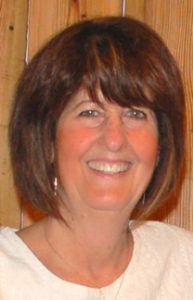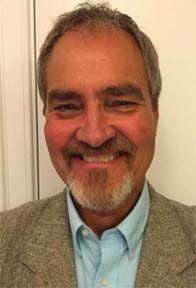Leaders speak about referendum
Published 1:19 pm Tuesday, November 1, 2016
Prince Edward County residents have more than just a presidential candidate to consider during the Nov. 8 election. Registered voters in the county will have the opportunity to change how members of the school board are chosen.
Currently, the Prince Edward County Board of Supervisors appoints school board members. A referendum on the ballot would allow residents to directly elect board members.
Heather Edwards helped lead the successful movement petitioning for the referendum after several previously unsuccessful attempts. Her group gathered 1,289 registered voters’ signatures to place the measure on the ballot.

Sherry Honeycutt
“In truth, I do not think the change to an elected school board will bring about improvement in our public school system, unless our entire community commits to engaging fully in the process,” Edwards said.
Ideally, she said, the effort will be seen as an opportunity for ongoing conversations about policy and practice, as well as collaboration on seeking solutions to Prince Edward County issues.
Current School Board Chair Sherry Honeycutt is against the change. She said a board elected by the public would be more political.
“I foresee board members more interested in their personal agendas rather than the interests of the children and the school system,” she said.
Lockett District board member Chapman Hood Frazier offered a different perspective.
“I’ve always been a proponent of elected school boards because I thought they would represent the will of the people,” Frazier said.
He said elected boards might be more democratic since every voter can cast a ballot to vote for a board candidate, and that person may bring to the board a new perspective on how best to educate children.
Despite his feelings, however, Frazier said he still prefers the appointed school board system Prince Edward uses. Currently a citizens committee appointed from the district identifies three people who are interested in serving. Those recommendations are given to the board of supervisors to consider.

Chapman Hood Frazier
“I actually think that helps to identify quality individuals to the board,” Frazier said.
Edwards said it is easy to imagine a situation where nobody is interested in running for the board or where “the only candidate comes from the vocal minority in our county who believe that we should close school wings, pay teachers less, and discourage civic engagement and educational advocacy among our young people.”
She said that possibility scares her.
Honeycutt said in her 17 years as an appointed school board member, she’s seen the school board memberships in other places change because more are being elected.
“Their members use it as a stepping stone to pursue political careers,” she said, adding she sees board members becoming answerable to “factions rather than the children the board” is supposed to represent. “I see too much money and time spent campaigning rather than spent time doing the daily job associated with working with the school superintendent and her team, especially during the ever-busy budget session.”
Frazier said elected school boards also cost money because board members need to fund their campaigns. He said he thought several board members might not decide to run at that point.
Jennifer Kinne, a parent and member of the referendum initiative group, said she is passionate about letting parents, teachers and county residents have a voice and be able to exercise their right to vote.
“(Even) if the vote shows that residents want to keep the school board as appointed, I will support that,” Kinne said. “It is exciting to see the hard work come to fruition, (but) I don’t necessarily support one side or the other.”
According to Edwards, people should only vote for change if they are willing to participate fully in the democratic process and become informed about the needs of the public schools and candidates’ plans to address those needs.
“As a community, we’d need to organize debates among candidates and support folks who are qualified and willing to serve. We’d need to think very hard before saying ‘no’ when asked to contribute actively to this new way of doing things,” Edwards said.
Instead of advertising, she and her team are relying on the referendum’s position on the top of the ballot to get people into the voting booth next week.
“I do not know of any organized groups who are opposed to the referendum,” Edwards said, “but I’ve spoken with several people who are very wary and concerned about the potential negative consequences to the change to an elected school board.”
Kinne said she supports her children, their education and anything that is going to make Prince Edward County Public Schools (PECPS) an “amazing place.”
“I believe we are on a good path,” she said. “I believe we have a lot of great people in the right places. I want hard workers in key places that will help PECPS rise above the bar.”





